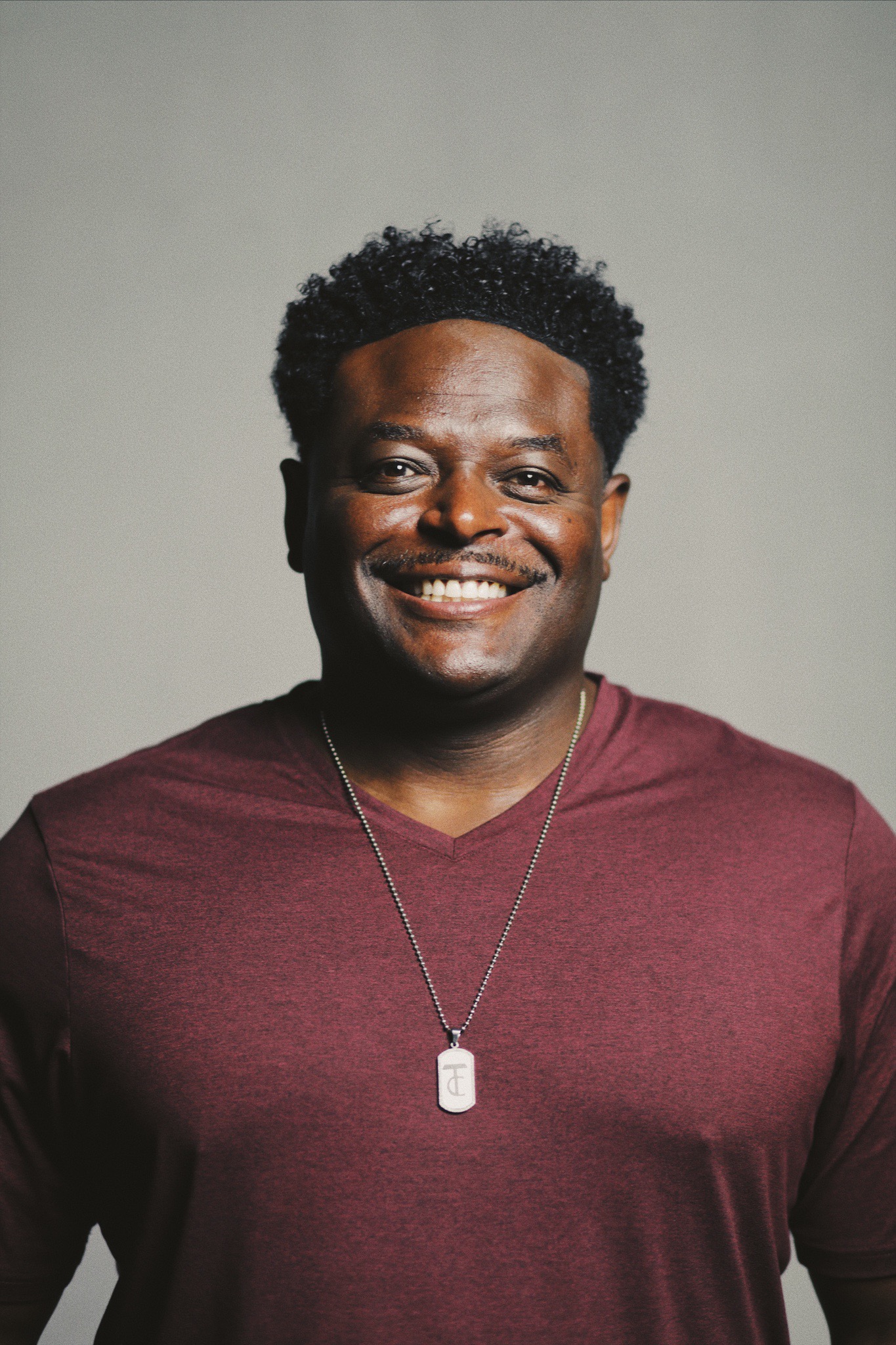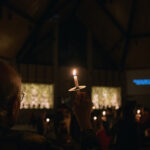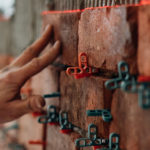
For the first Christians, the gospel was about vertical reconciliation to God and horizontal reconciliation to one another.
By Derwin L. Gray
Motivated by the gospel, the early followers of Christ lived out God’s heart for racial reconciliation. For the first Christians, the gospel was about vertical reconciliation to God and horizontal reconciliation to one another across ethnic, economic, and gender barriers.
Unfortunately, over the centuries, demonic agents of division and willful disobedience have kept the church from recalling and fulfilling the glorious gospel reality that Jesus forgives sins and creates a single, multiethnic family. This new family, or new humanity, comprised of all ethnicities is the family God promised Abraham (Ephesians 2:14-16; Galatians 3:28-29).
Empowered by the gospel, the apostle Paul confronted the apostle Peter in the city of Antioch because Peter “regularly ate with the Gentiles before certain men came from James. However, when they came, he withdrew and separated himself, because he feared those from the circumcision party. Then the rest of the Jews joined his hypocrisy so that even Barnabas was led astray by their hypocrisy” (Galatians 2:12-13, CSB).
When Paul, a Jew himself, saw that Peter and the other Jews “were deviating from the truth of the gospel” (Galatians 2:14, CSB), he was compelled by the gospel and confronted Peter for his sin. You and I must have gospel courage to do likewise. We too must stand against the sin of racism as we stand in the gospel.
Antioch & The First Christians
Antioch is significant in the history of Christianity. The population of the city was intentionally segregated into eighteen different ethnic tribes. In his book The Rise of Christianity, Rodney Stark explains that Antioch was susceptible to ethnic riots, like most Greco-Roman cities of this era, because of the ethnic divisions and inflow of newcomers. Despite the deeply ingrained ethnic division and hatred, Jesus’s multiethnic church was established and flourished in Antioch. In the city of division, God birthed unlikely unity.
Despite deeply ingrained ethnic division and hatred in Antioch, including ethnic riots, Jesus’s multiethnic church was established and flourished there. Click To Tweet“The disciples were first called Christians at Antioch” (Acts 11:26, CSB). Denise Kimber Buell explains in her book Why This New Race that in antiquity, a person’s ethnicity was tied to religious practices. But within the church, Gentiles were no longer considered pagans, and Jews were now following the resurrected Messiah as their Lord. This multicultural humanity was called “Christian” because they were no longer what they were before. In the Messiah, they were new creations (2 Corinthians 5:17), new humanity (Ephesians 2:16), a new family baptized into one body (1 Corinthians 12:13).
Barnabas, a follower of Jesus from Cyprus, brought Paul to Antioch to experience this vibrant, diverse community where racial reconciliation through the good news was flourishing. But the harmony of the gospel was disrupted by the apostle Peter’s sin of racism. Paul describes the encounter:
“But when Cephas came to Antioch, I opposed him to his face because he stood condemned. For he regularly ate with the Gentiles before certain men came from James. However, when they came, he withdrew and separated himself, because he feared those from the circumcision party. Then the rest of the Jews joined his hypocrisy so that even Barnabas was led astray by their hypocrisy” Galatians 2:11-13, CSB).
Paul confronted Peter because he stopped eating with the Gentiles when James’s friends arrived since they didn’t consider Gentiles equal members of God’s family as they hadn’t taken on the Jewish ethnic badge of being circumcised. In so doing, Peter turned his back on Jesus, the gospel, and his Gentile brothers. Like many today, Peter was afraid of criticism. He knew eating with Gentiles meant he accepted them as equals. Peter treated his Gentiles siblings who are equal members of God’s house as if they were not (Ephesians 3:6). But Jesus welcomes all the redeemed to the banquet table of Abraham (Matthew 8:11). At the table of grace, there is no “separate but equal.”
Here are three observations to consider:
1. Peter feared the good ol’ boys more than Jesus
Peter feared the good ol’ boys from Jerusalem more than he feared his good God. Peter’s fear and prejudice caused other believers—including Barnabas—to be led astray. Fear is contagious, but so is courage. Choose courage. It will take people of all ethnicities with gospel courage to heal the racial divide.
It will take people of all ethnicities with gospel courage to heal the racial divide. — @DerwinLGray Click To Tweet3. Peter was out of step with Jesus’ gospel
Paul confronted Peter, Barnabas, and the others because “they were deviating from the truth of the gospel” (Galatians 2:14, CSB). Prejudice, racism, and indifference towards our siblings of different ethnicities, is beneath our gospel call.
In the face of criticism, peer pressure, political pressure, economic pressure, and family pressure, we can be courageous in the gospel. The love of Christ compels us to love, protect, and stand up for fellow believers. The world will know we belong to Jesus by how we love one another (John 13:35).
3. Peter lost sight of the one who lived in him
Because of the gospel and the indwelling life of Jesus, Paul stood up to Peter. By standing up to Peter, he was standing for Jesus. Paul, once a Jewish nationalist, could no longer be a racist because Jesus had made him a “gracist.”
Because Paul accepted Jesus and His invitation of salvation, his old sin nature was crucified with Jesus, and now the resurrected Jesus lived in him. He did not fear people, because he trusted Jesus, “who loved me and gave himself for me” (Galatians 2:20, CSB). Paul stood firm in the gospel, and so can we.
Choose this day to have gospel courage.

Derwin Gray
Derwin is the co-founding and lead pastor of Transformation Church in the Charlotte, North Carolina area. He is a former NFL player and author of several books, including his most recent, How To Heal Our Racial Divide: What the Bible Says, and the First Christians Knew, about Racial Reconciliation. Learn more at DerwinLGray.com.











